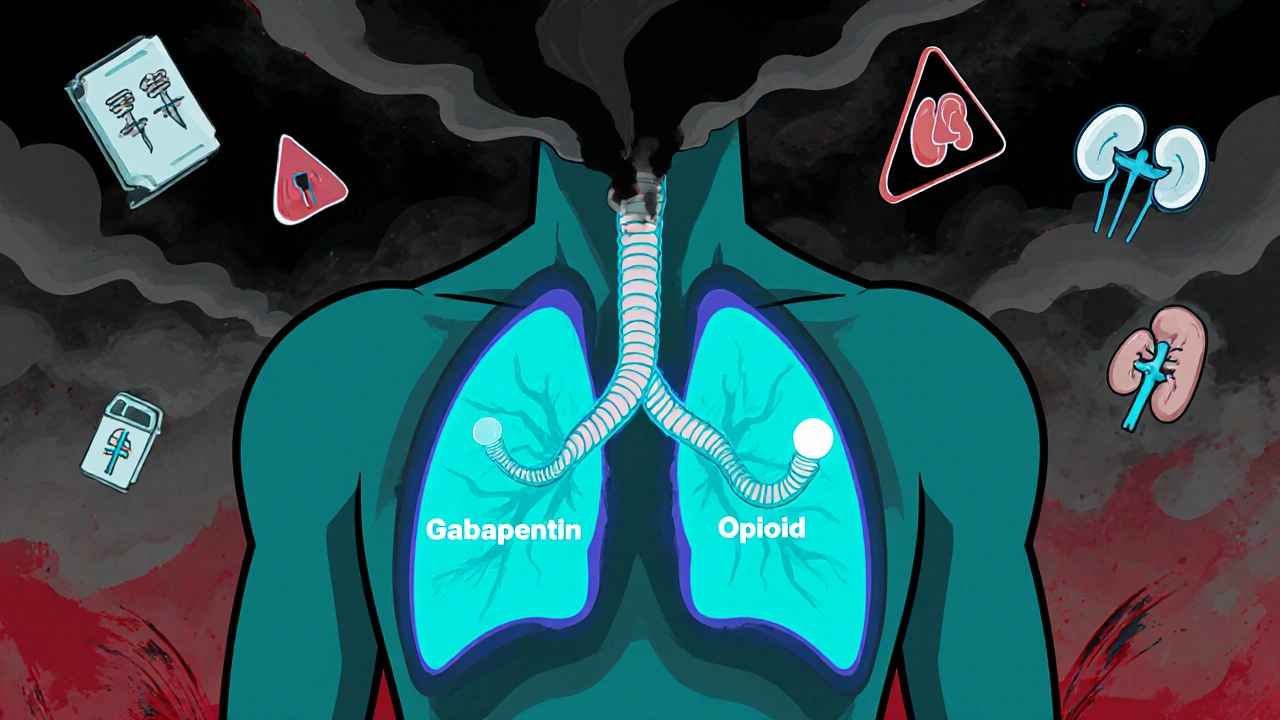Drug Interaction: What You Need to Know About Dangerous Medication Combos
When you take more than one medication, or even a supplement and a pill, you might be risking a drug interaction, a reaction between two or more substances that changes how they work in your body. Also known as medication interaction, it’s not just about pills clashing—it’s about your body’s chemistry being thrown off by things you didn’t think mattered, like coffee, grapefruit, or even a common painkiller. These aren’t rare edge cases. They happen every day, often without people realizing it until something goes wrong.
Some drug interactions, happen because your liver’s enzymes get overwhelmed or blocked. One big player here is CYP3A4, an enzyme that breaks down over half of all prescription drugs. When something like ritonavir, a drug used to boost HIV treatments shuts down CYP3A4, other meds can build up to toxic levels. That’s why mixing lopinavir/ritonavir with certain heart meds or sedatives can be deadly. On the flip side, caffeine, a stimulant found in coffee, tea, and energy drinks can interfere with blood thinners like warfarin or thyroid meds like levothyroxine, making them less effective—or worse, increasing side effects like jitteriness or heart palpitations.
It’s not just about prescription drugs. Antibiotics like trimethoprim don’t play nice with alcohol, and even something as simple as taking two cold medicines at once can lead to double dosing, accidentally taking too much of the same active ingredient, like acetaminophen. That’s how liver damage happens. And then there are reactions you can’t see right away—like a sudden rash from a drug called AGEP, which shows up as painful pustules and signals your body is rejecting something you took. These aren’t allergies in the classic sense, but they’re just as serious.
What you’ll find here isn’t theory. These are real stories, real risks, and real fixes from people who’ve been there. You’ll see how a simple question at your OB/GYN appointment could prevent harm to your baby, why checking active ingredients in kids’ medicine stops overdoses before they start, and how knowing the difference between a side effect and a true allergy saves you from being locked out of better treatments. You’ll learn why generics aren’t just cheaper—they’re just as safe, if you know what to look for. And you’ll understand why your blood pressure med might be affecting your sex life, or why your migraine drug stopped working. This isn’t a list of warnings—it’s a guide to taking control before something goes wrong.
Gabapentinoids and Opioids: The Hidden Danger of Combined Respiratory Depression
Combining gabapentinoids with opioids can dangerously slow breathing-even kill. Learn why this interaction is deadlier than many doctors realize, who’s at risk, and what safer alternatives exist.
More
